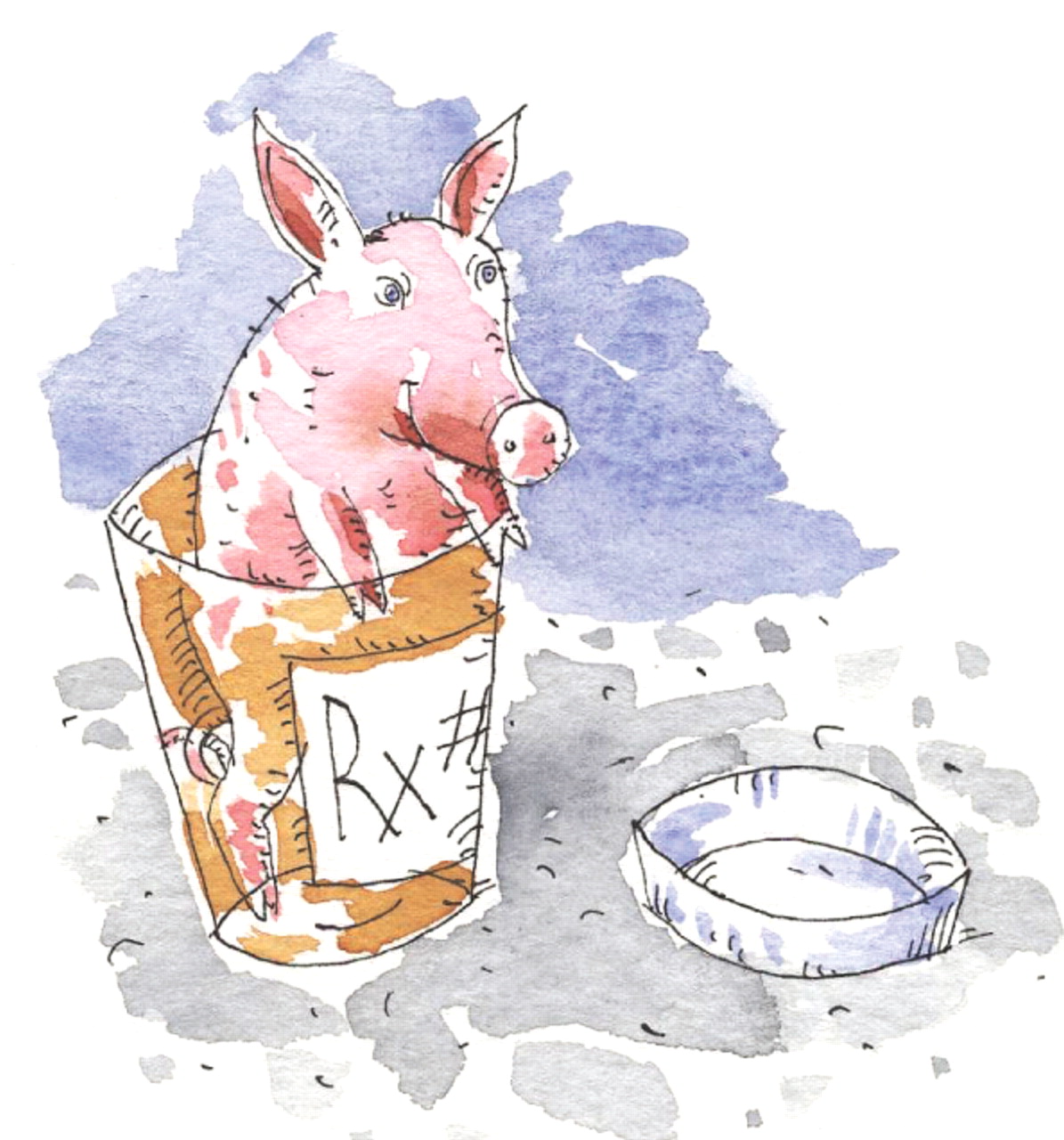Did you ever consider “prescribing” pig feeding, cow milking, or mucking out horse stalls for any of your patients?
The idea may sound whimsical, but a Norwegian study has found that working with farm animals can benefit some psychiatric patients.
The study was headed by Bente Berget, Ph.D., a postdoctoral fellow at the Norwegian University of Life Sciences in As, Norway. It included 90 subjects with affective, anxiety, or personality disorders or schizophrenia. More than half had been ill for more than five years. During the study, all subjects continued to receive their usual psychiatric care, including psychotropic medications and psychotherapy. But in addition, 60 of the subjects were randomized to work with farm animals two times a week for 12 weeks; the remaining 30 were not, thus serving as controls.
Berget and her colleagues evaluated the subjects at the start of the study and six months after the working-with-farm-animals intervention ended for self-efficacy (the expectation that one can effectively cope with and master situations through one's own personal efforts), coping skills, and quality of Life. To evaluate these factors, they used the Generalized Self-Efficacy Scale, the Coping Strategies Scale, and the Quality of life Scale. Sixty-nine of the original 90 subjects (41 in the intervention group and 28 in the control group) completed the study, and their outcomes were compared.
At the six-month follow-up, self-efficacy and coping strategies in the intervention group were significantly better than they had been at the start of the study. This was not the case for the control group. Moreover, subjects in the treatment group with the largest increase in self-efficacy also showed the largest increase in coping strategies.
While the subjects in the intervention group generally did not report a significantly better quality of life at follow-up than at the start of the study, the subjects who had affective disorders did show improved quality of life.
Thus, working with farm animals “may be a useful addition to traditional psychiatric treatment, particularly for patients with affective disorders,” Berget and her coworkers concluded in their report, which was published April 11 in the open-access journal Clinical Practice and Epidemiology in Mental Health.
However, psychotherapy down on the farm is not for all psychiatric patients, the researchers admitted. Out of the 21 subjects who dropped out of the study, almost half said it was because they had little interest in farm animals.
“We are now attempting to see whether dairy cows can help persons with moderate to severe depression,” Berget told Psychiatric News. “In the fall, we will also be starting a new study to see whether horses can help youth with behavioral and social problems.”
The study was funded by the Research Council of Norway.
An abstract of “Animal-Assisted Therapy With Farm Animals for Persons With Psychiatric Disorders: Effects on Self-Efficacy, Coping Ability, and Quality of Life, a Randomized Controlled Trial” is posted at<www.cpementalhealth.com/content/4/1/9>.▪

